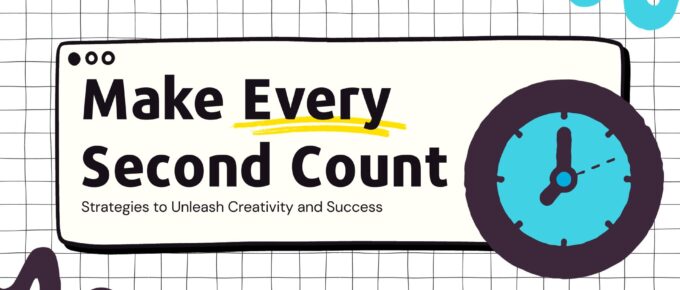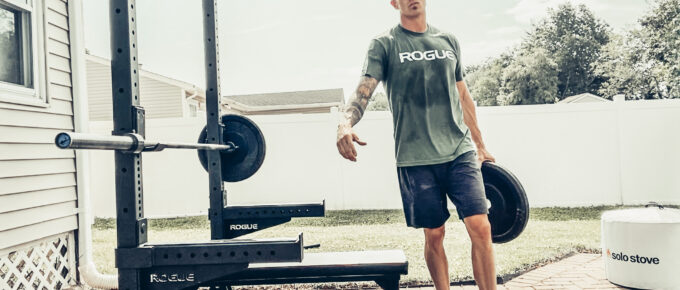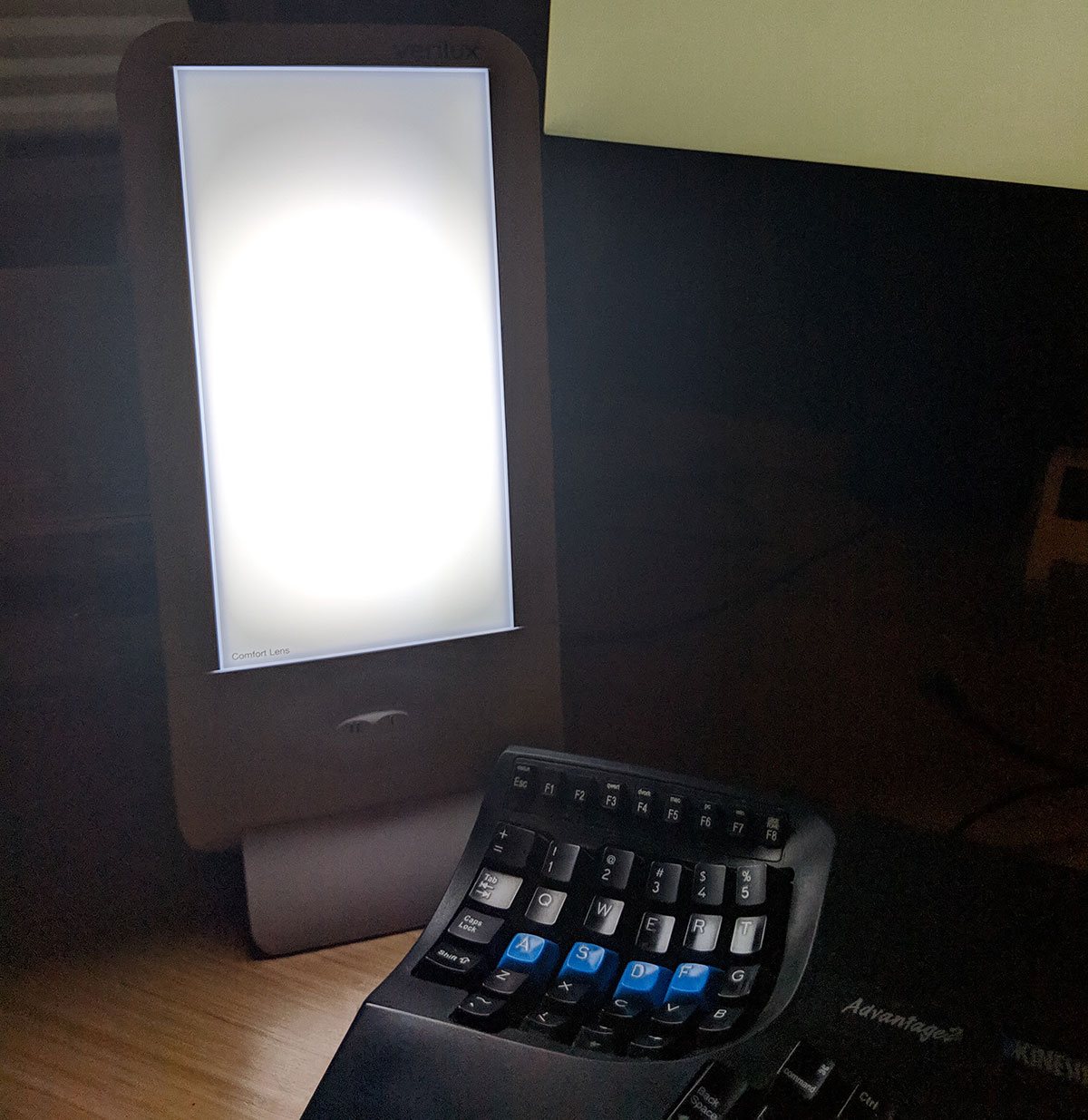If you’re reading this, you’re probably wondering how you can make the time to to do something. Maybe its … I’m sure you’ve heard this, but its worth repeating here … we all get the same …
Building a Stronger Mind and Body: Reflections on 1000 Days of Working Out
I worked out for 1000 days straight ... and I’m still going. Yes, you read that right - as of Feb 21 2023, I’ve worked out every day for 1000 days. At the time of this writing, I’m still …
Continue Reading about Building a Stronger Mind and Body: Reflections on 1000 Days of Working Out →
What Gets Measured, Gets Managed
I used to just fly by the seat of my pants on everything. If I felt OK about something, then all good. If it felt bad, then time to look into it. I bet you have done the same thing many times. You …
That One Person
I follow a simple mantra when giving presentations, talks, writing a blog, creating a video, a podcast or creating anything public for that manner. Improve the life of ONE person My belief is …
Achieving Your Goals Feels Good
Do you know what feels good? Achieving a goal. When you work for yourself, all you do is set your own goals. If you don’t achieve your goals in business you’ll fail fast and hard. Getting things …
Light Therapy
A new edition to my morning & afternoon routine - light therapy. I’ve never been one to suffer from seasonal mood disorders, however this year I felt like I was in a funk during the winter months. …





